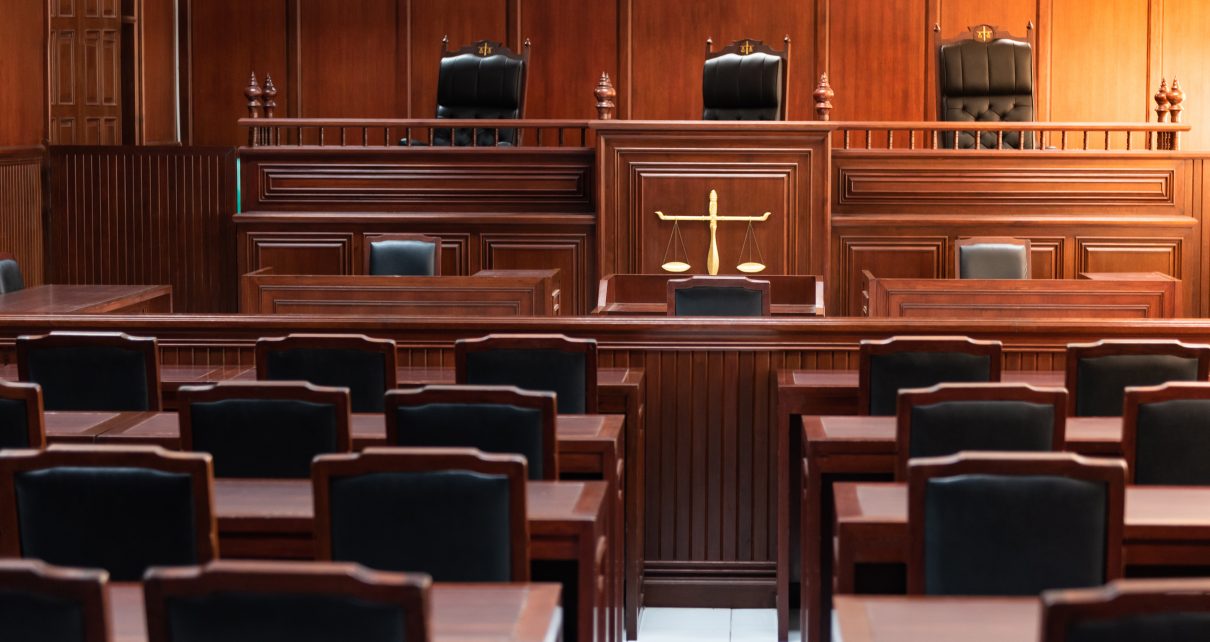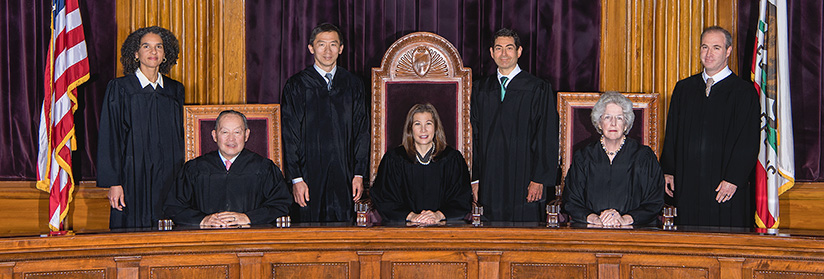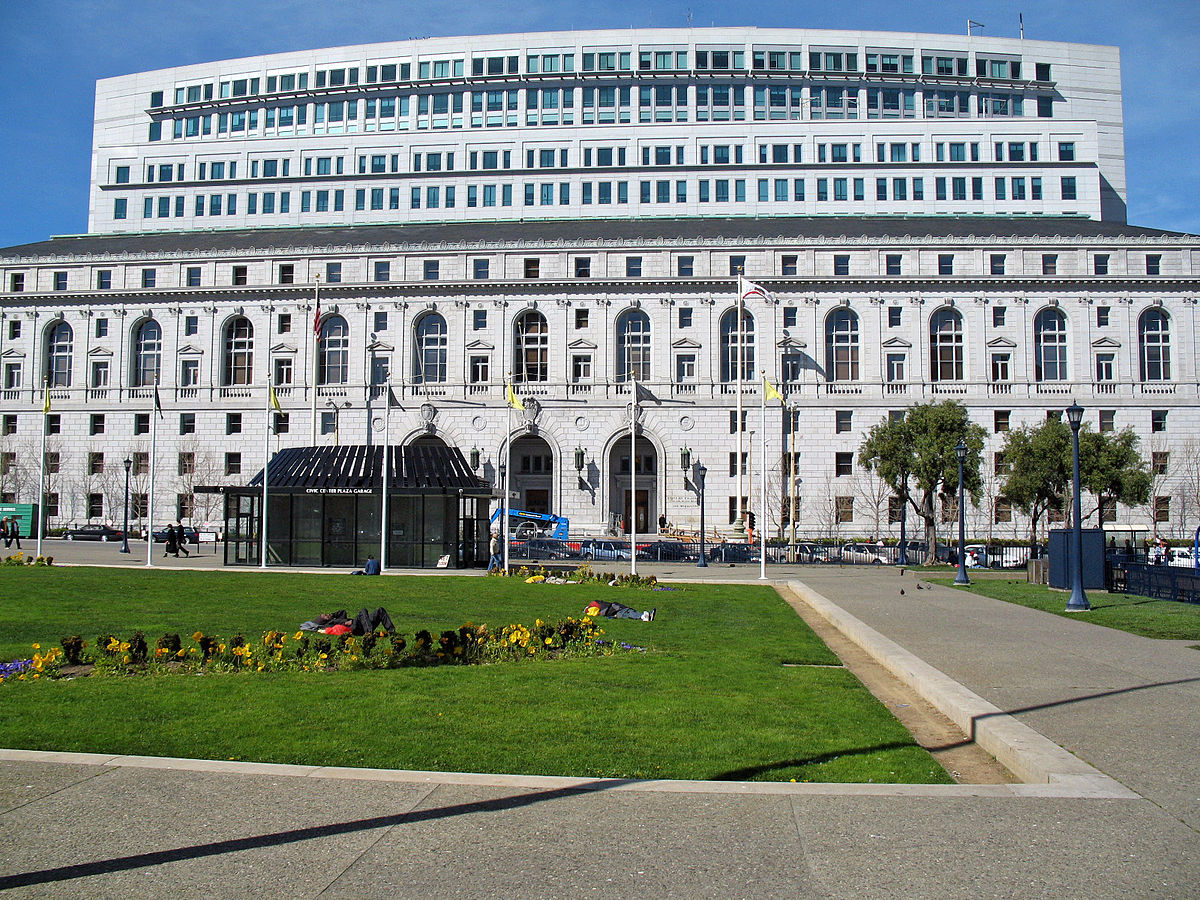
Justice Court. (Photo: Nirat.pix/Shutterstock)
California Official Court Reporters
Modoc County board of supervisors prescribes a higher rate of compensation for superior court reporters
By Chris Micheli, October 1, 2024 2:30 am
Section 69941 authorizes a superior court to appoint as many competent phonographic reporters, to be known as official reporters of the court, and the official reporters pro tempore, as are deemed necessary for the performance of the duties and the exercise of the powers conferred by law upon the court and its members.
Section 69942 prohibits a person from being appointed to the position of official reporter of any court unless the person has first obtained a license to practice as a certified shorthand reporter from the Court Reporters Board of California.
Section 69944 provides that, until an official reporter of any court or official reporter pro tempore has fully completed and filed all transcriptions of the reporter’s notes in any case on appeal which the reporter is required by law to transcribe, the reporter is not competent to act as official reporter in any court.
Section 69946 requires the official reporter of any court or official reporter pro tempore to take and subscribe the constitutional oath of office.
Section 69947 generally requires the official reporter to receive for his or her services the fees prescribed in this article.
Section 69948 provides the fee for reporting testimony and proceedings in contested cases is $55 a day, or any fractional part. In the remaining subdivisions, each county’s compensation for superior court reporters is established in statute.
Section 69948.5 allows the Modoc County board of supervisors to prescribe by ordinance a higher rate of compensation for superior court reporters.
Section 69949 specifies that the fee for reporting each default or uncontested action or proceeding is $10.
Section 69950 states that the fee for transcription for original ribbon or printed copy is $1.13 for each 100 words, and for each copy purchased at the same time by the court, party, or other person purchasing the original, twenty cents for each 100 words.
Section 69951 allows reporters to charge an additional 50% for special daily copy service for transcriptions.
Section 69952 authorizes the court to specifically direct the making of a verbatim record and payment to be from the county treasury on order of the court in the following cases criminal matters, juvenile proceedings, proceedings to declare a minor free from custody, and proceedings under the Lanterman-Petris-Short Act.
Section 69953 provides that, in any case where a verbatim record is not made at public expense, the cost of making any verbatim record must be paid by the parties in equal proportion; and either party at his option may pay the whole. In either case, all amounts paid by the party to whom costs are awarded must be taxed as costs in the case.
Section 69953.5 specifies that, whenever a daily transcript is ordered in a civil case requiring the services of more than one phonographic reporter, the party requesting the daily transcript, in addition to any other required fee, is required to pay a fee per day equal to the per diem rate for pro tempore reporters established by statute, local rule, or ordinance for the services of each additional reporter for the first day and each subsequent day the additional reporters are required. This fee must be distributed to the court in which it was collected to offset the cost of the additional reporter.
Section 69954 requires transcripts prepared by a reporter using computer assistance and delivered on a medium other than paper to be compensated at the same rate set for paper transcripts, except the reporter may also charge an additional fee not to exceed the cost of the medium or any copies.
Section 69955 defines the term “reporting notes,” which are the reporting notes of all court reporters employed to report in the courts of California, who may be known as official reporters and official reporters pro tempore. Reporting notes are official records of the court. Reporting notes must be kept by the reporter taking the notes in a place designated by the court, or, upon order of the court, delivered to the clerk of the court. There are extensive rules related to reporting notes.
Section 69956 requires the official reporter to perform the duties required of him or her by law. When not actually engaged in the performance of any other duty imposed on the reporter, he or she must render stenographic or clerical assistance, or both, to the judge or judges of the superior court as such judge or judges may direct.
Section 69957 provides that, if an official reporter or an official reporter pro tempore is unavailable to report an action or proceeding in a court, subject to the availability of approved equipment and equipment monitors, the court may order that, in a limited civil case, or a misdemeanor or infraction case, the action or proceeding be electronically recorded, including all the testimony, the objections made, the ruling of the court, the exceptions taken, all arraignments, pleas, and sentences of defendants in criminal cases, the arguments of the attorneys to the jury, and all statements and remarks made and oral instructions given by the judge.
A transcript derived from an electronic recording may be utilized whenever a transcript of court proceedings is required. The electronic recording device and appurtenant equipment must be of a type approved by the Judicial Council for courtroom use and only be purchased for use as provided by this section.
A court is prohibited from expending funds for or use electronic recording technology or equipment to make an unofficial record of an action or proceeding, including for purposes of judicial notetaking, or to make the official record of an action or proceeding in circumstances not authorized by this section.
Section 69958 requires each superior court to report to the Judicial Council semiannually and the Judicial Council must report to the Legislature semiannually regarding all purchases and leases of electronic recording equipment that will be used to record superior court proceedings, specifying four types of information.
Section 69959 prohibits remote court reporting from being used by courts to make the record of any court proceedings, and courts cannot expend any funds to purchase equipment or software to facilitate the use of remote court reporting. The term “remote court reporting” is defined.
- Why Would the Legislature Request? - December 13, 2024
- A Different Type of Legislative Statement? - December 12, 2024
- Service of Summons in California Civil Actions - December 11, 2024





The state and court system has persecuted court reporters to the point that no one is going into the profession and all the CR schools have shut down. Once they drove reporters out of the court room they suddenly discovered that recordings and voice recognition did not cut the mustard so to speak.